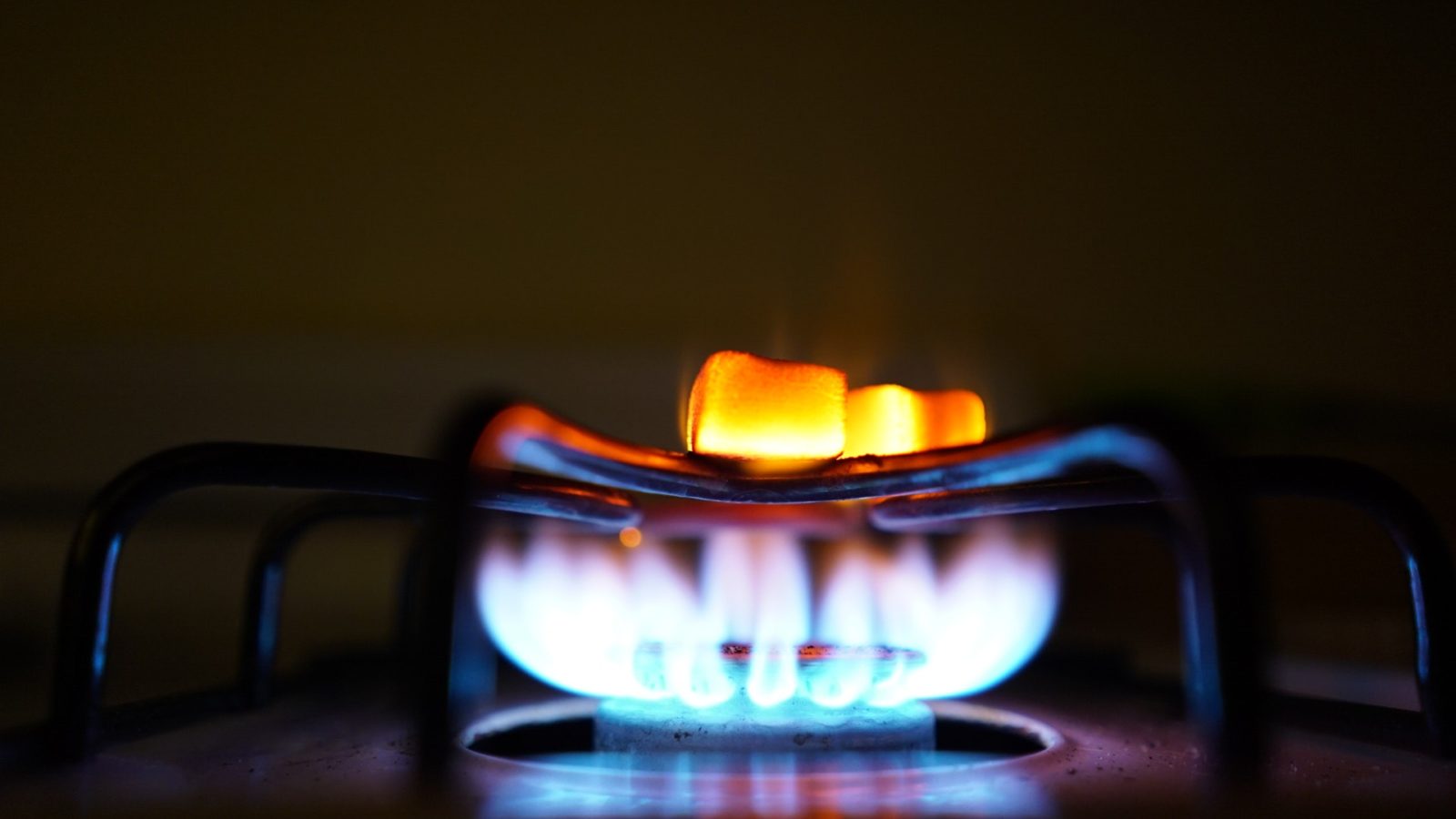Gas prices in Europe have surged over concerns about supply disruptions, mainly due to strikes at liquefied natural gas (LNG) terminals in Australia. Wholesale prices for gas in the European market rose significantly on Wednesday, exceeding 40 euros (approximately 970 Czech korunas) per megawatt-hour (MWh). The situation has been exacerbated by maintenance work at critical gas facilities in Norway, another major natural gas supplier to Europe.
According to analysts, the high demand for LNG is due to the reduction in supplies from Russia, a critical European gas supplier. The freezing weather has further complicated the situation, which has led to extended maintenance work in Norway. The case has led to concerns about the stability of gas supplies to Europe.
Last year, gas prices in Europe surged to nearly 350 euros per MWh due to supply restrictions from Russia. However, prices have been on a downward trend since the end of last year, although there have been occasional spikes. The gas price at the exchange has been well below the administrative ceiling of 2,500 Czech korunas per MWh in the Czech Republic.
Despite the challenges, Europe has offset the supply shortfall from Russia by importing LNG and reducing consumption. Gas storage facilities across the European Union were almost 88% full on Tuesday, with Germany – the largest gas consumer in Europe – nearly 90% complete and the Czech Republic almost 92% full.
Looking ahead, analysts are cautiously optimistic about the winter months. They predict that gas prices will be significantly lower than last year if the winter is mild. The high levels of gas reserves should also prevent any significant price spikes.





